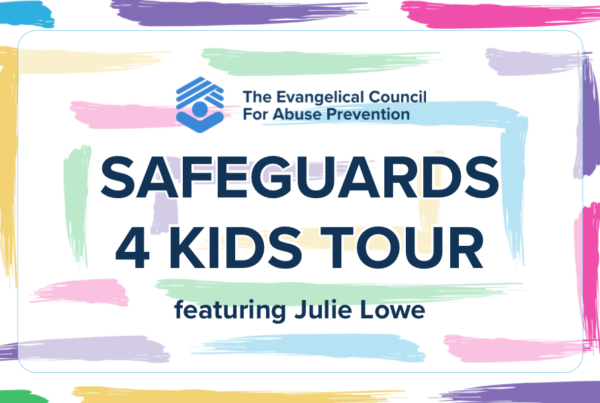Experts constantly tell youth organizations that in order to protect children from sexual abuse, we need to be alert to signs that a sexual predator is grooming them. Yet, at the same time, numerous mental health studies suggest that one of the best ways to help children develop resilience and recover from adverse childhood experiences is for them to have a trusted confidante outside the family. It is a difficult balance. If we don’t guard against grooming, we put children at risk. But if we wrongly label every interaction as potential grooming, then we risk preventing our children from establishing positive and important relationships.
If you search the Internet for articles about signs of grooming, you will hear that everything from kids’ playing video games with their uncles to getting trips to the ice cream store can be signs of abuse. I once had a staff member for one of my client organizations insisting that a father’s weekly lunches with his preschool daughter were “special attention” that signaled grooming. The polite term for that reaction is hyper-vigilant nonsense — father-daughter dates are not grooming.
Yet, there is no doubt that grooming techniques can look a lot like good mentoring. Establishing close relationships? That’s exactly what we want mentors to do. Help a child feel special? Check. Keep their confidences (in areas not related to health or safety)? Check and check. So where is the boundary line between good mentoring and dangerous grooming?
It’s a complex question, but at its core, the boundary line seems to be boundary lines. Predators will push the personal boundaries that all children need to be safe and independent. Some predators will ask a lot of questions about a child’s romantic life — a topic that most adults find only marginally interesting. Listening sympathetically while a child confides is one thing; asking a lot of nosy questions is pushing boundaries. Briefly hugging a child who needs comfort is normal and positive; finding excuses for a “tickling game” usually is beyond healthy boundaries. We can appreciate an adult who takes time out of their day to listen to a child. An adult who seems to have no adult friends and spends all of his or her time with children will have trouble observing healthy adult boundaries.
The other thing unique to grooming is that the perpetrator will try to isolate the child from the rest of his or her community, whether physically or emotionally. A bad actor will try to create opportunities to be physically alone with the child. Watch for the difference between an adult (with healthy adult relationships) who babysits or carpools when asked and an adult who seems eager to create time alone with a child.
An abuser also will try to emotionally isolate a child, such as telling a child secrets or convincing him or her that “no one else understands you like I do.” Again, there is a difference between allowing a child to confide in one — all children need to be able to confide in trusted adults without fear of ridicule — and telling a child that the other adults in his or her life just don’t understand.
Our organizations need policies to prevent this isolation. Rules establishing clear boundaries for interactions are essential. We also need to remember that social media makes it very easy for an adult to establish an emotionally close relationship without any other adult knowing about it. Youth organizations need social media policies to try to combat that possibility, along with rules about in-person interactions.
Children need mentors, and they need trusted adults outside their family. Those of us who work with children need to find a way to encourage healthy relationships with adults while being vigilant for signs of unhealthy relationships and grooming. It is a difficult, but necessary, balance if we are to help children be emotionally healthy.





